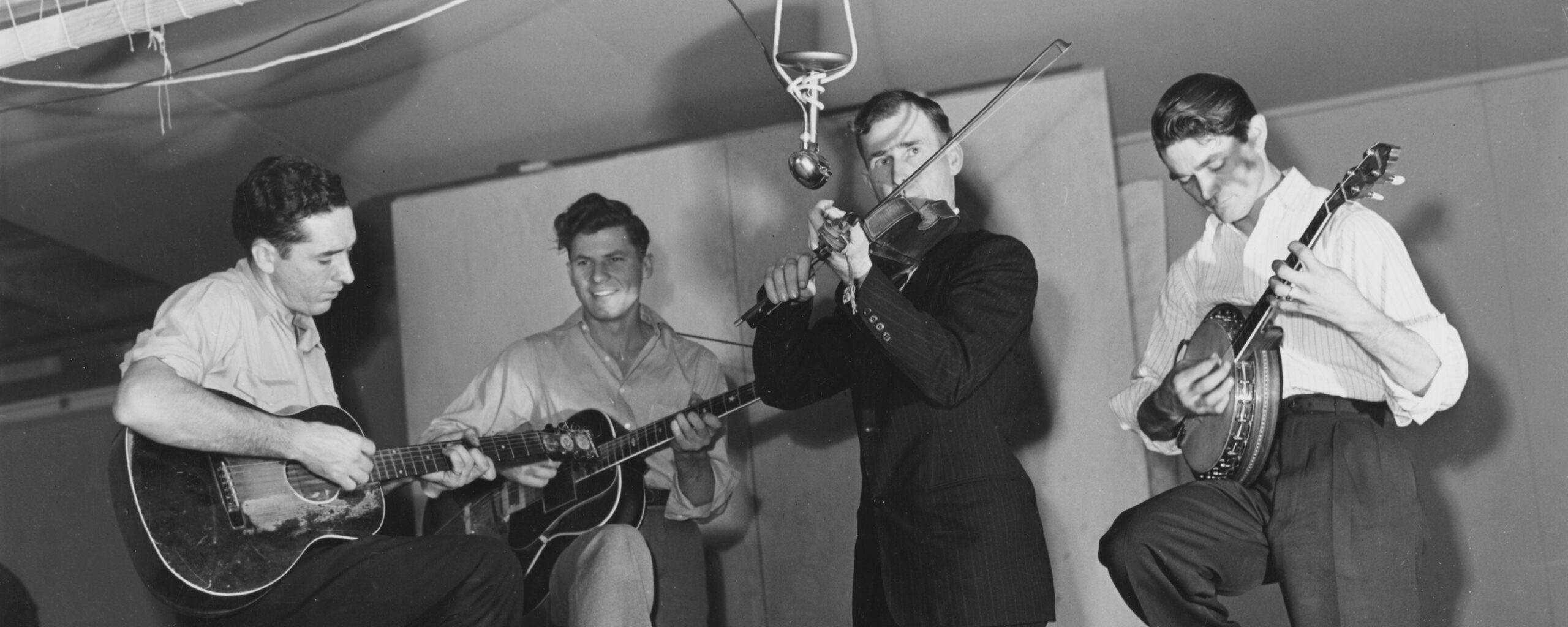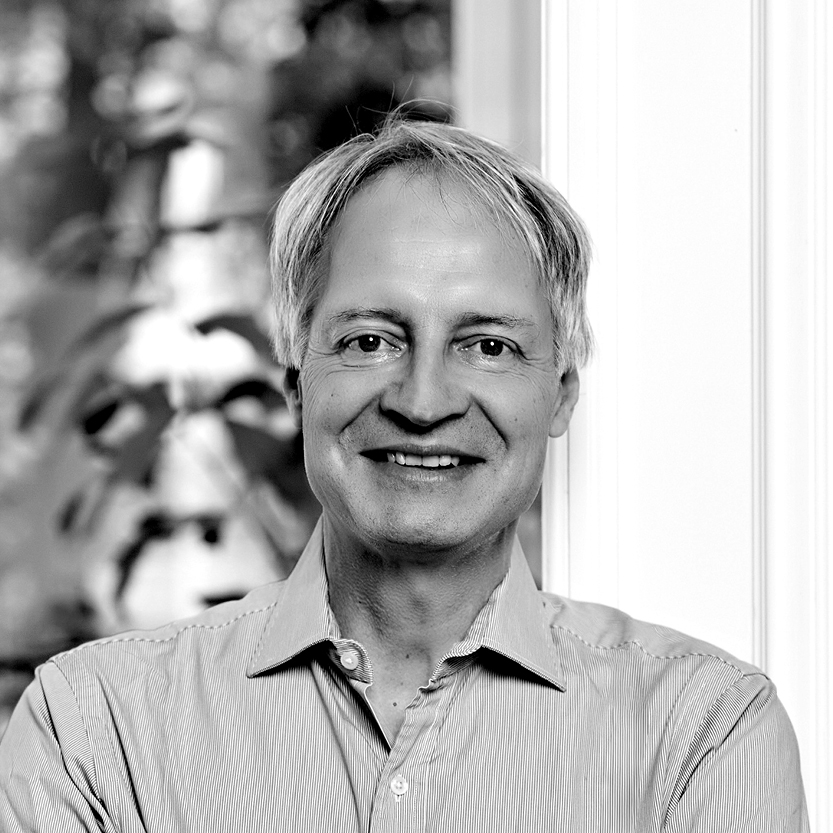
Andreas
Dorschel
What does the
performer know?
Music and
Epistemology
Musical performance is often seen as a matter of feeling or of sheer bodily dexterity. The swiftness by which, typically, one tone follows the other seems to foreclose thought about what one does during performance. It is certainly true that, in most cases, there is little room for reflection. Players or singers may reflect before their performance, or after it, but not while they perform. Yet that does not rule out a whole range of cognitive dispositions and/or activities. Among them can be memory, auditory perception, haptic perception, visual perception, self-perception, audience awareness, awareness of co-players, spatial experience, temporal consciousness, anticipation and orientation along cultural norms, be they artistic, aesthetic, or generally social. Feeling and the body do not oppose or preclude an understanding of musical performance as an epistemic practice, because they may incorporate cognitive features themselves.
Of all epistemological notions, perhaps that of knowledge is bound to be met with particular scepticism in the context of musical performance. The point made with regard to reflection applies here as well: Knowledge is slow, performance is quick. Knowledge needs to be pondered, but there is no time to ponder in performance. A composer can pore over each note precisely because composing isn’t performing, although it is related to it. All of this is obviously true. But performing does not arise out of the blue. Typically, it arises from years of training, hours of rehearsing. During these years and hours, performers get to know their instruments (including the human voice, that embodied instrument) and their repertoire. Hopefully, they also get to know themselves — to some extent. This acquired and in part embodied knowledge they bring to their performances. We cannot simply rid ourselves of a knowledge which we have, even if we wished to. Of course, performances are never simply the ‹outcome› of training and rehearsing. There is still room for sudden insights, epiphanies, intuitions that hit like a flash in real-time performance. At the same time, cognition, even widely construed, is just one stratum of performance. Yet wholesale apprehension about knowledge in the context of musical performance will definitely, for the reason given, be off the mark.

How is performers’
knowledge demonstrated?
Performers’ knowledge will always be partial knowledge. On the one hand, no performance could ever take place in complete ignorance. Nobody would be able to perform knowing simply nothing about him- or herself, about the music, about the instrument, about the space one is in etc. On the other hand, total knowledge is not even conceivable. What could it mean, e.g., to know ‹everything› about music? Consequently, performers’ knowledge is bound to be and to remain piecemeal. Nevertheless, there can still be huge differences between performers along that line.
We construe the notion of knowledge in terms of intentionality. Intentionality is that feature of mental states by virtue of which they are about something or have an object. (Intentionality is not to be confused with ‹intentions› in the sense of ‹wanting›; Latin intendere merely means ‹to be directed at›.) You don’t just know; you know something. In German, there is an interesting contrast between ‹Wissen› (‹knowledge›) and ‹Weisheit› (‹wisdom›) which go back to the same etymological root. If you say of a person that she is wise, you don’t need to state or even to assume what she is wise about. But when it comes to knowledge, inevitably the question arises: What does she know?
The grammar of performance works in a similar fashion. You don’t just perform; you perform something. That something can exist, e.g., as a score, before the performance: ‹She performs the second of Ligeti’s Études.› Even then, however, the two objects will not be identical: The performed étude isn’t the scored étude. The former relates to the latter, but they cannot converge. (If the work converges with what is presented, there is no performance, as in the case of a painting; in analogous cases for music, performance is erased.) The relation between a performed piece and the scored piece is mediated, i.a., through knowledge. You must know Ligeti’s étude in order to perform it, especially in order to perform it by heart. In the case of prima vista playing, you don’t know it, but still you need to know something — at least the notation used.
Not all cases of performance are like that. Often, there isn’t a work or a score prior to the performance. Improvisation is a case in point. This does not mean that there is simply nothing before the performance. There may be ideas in your head, or a jazz standard your improvisation will refer to, or still something else. But: ‹I know exactly what I am going to do and now I am going to do it› is never a requirement. In fact it could and probably would lead to a performance lacking all spontaneity. It definitely would not deserve to be called an improvisation. But even in the performance of works, stiffness is a flaw. For the distinction between those two ‹ideal types› (in the sense of Max Weber), performance of works and improvisation, is gradual rather than absolute. Performance of works, if it is any good, also contains improvisatory elements. In any musical performance worth its name meanings emerge temporally, through time — meanings that weren’t already in place beforehand.

Even a mere description of a performance has to refer to its intentionality, just as a competitive game, like football, cannot even be described without reference to its overarching purpose, i.e., scoring goals. (This is merely an analogy, not a case within the same category, but it helps to see the point.) Beyond description, however, intentionality also enters the dimension of assessment. We judge a performance in terms of its intentional object — i.e., in terms of the answer to the question: ‹What is being performed here?›. Yet the view of what something is a performance of can change — switch, as it were — while we actually listen to it. An act that was announced as a performance of Carl Maria von Weber’s Aufforderung zum Tanz op. 65 and turned out to be an inadequate performance of that rondo due to the performer’s obvious ignorance of some of the finer details in the piece’s score may nevertheless be exciting and thus enjoyed as a performance due to, say, the display of pianistic fireweorks the performer shows off. As a fanciful virtuoso homage to Weber, it may be simply brilliant.
If we then ask the epistemic question, ‹How do we know of performers’ knowledge?›, i.e., ‹How is performers’ knowledge demonstrated?›, the answer has got to be: ‹Through the performance› or, at least: ‹Primarily through the performance›. By way of contrast, being able to put their knowledge into words is always a contingent feature in musical performers. Such an approach of course clashes with any view of knowledge that envisages as its primary or even its sole manifestation propositions, because — so the argument goes — (a) only propositions can be true or false, and (b) knowledge implies truth. If that were so, it would rule out cases where performances demonstrate lack of knowledge, which implies that alternative performances could demonstrate knowledge. But such cases are all too common. Thus, there are performances that show that a performer does not know his or her own limitations as shown by attempts at achieving feats he or she is not able to bring off. There are other performances that show that a performer does not understand the structure of the piece of music he or she is playing, e.g. by mindlessly running over important caesuras in the development of the musical ideas while breaking apart what belongs together. And there are still further performances that show that a performer does not know the breathing space needed by his or her co-players, as shown by inadequate performance choices vis-à-vis his or her ensemble, e.g. dynamics that crush the other performers, or articulation that is at odds with theirs.
Consequently, propositions cannot be the sole manifestation of knowledge. This is not to rekindle faith in a mystical ineffability of music. In retrospect, the observations of a listener can be put into words, as the above descriptions just did. But the relevant phenomena neither come about as propositions in the first place. Nor does the knowledge performers might have consist in such sentences. Conversely, their lack of knowledge does not consist in having them at their disposal. The point of a musician’s self-knowledge, including knowledge of one’s limitations, is not to be able to assert certain things of oneself. Rather, the point is sensing — often in bodily sense — where one better stops. In short, as long as we grant a privilege to (verbal) language, we will never do justice to the knowledge musical performers have as musical performers.
Andreas Dorschel
Andreas Dorschel has been, since 2002, head of the Institute for Music Aesthetics at the University of Music and Performing Arts Graz (Austria). The essay printed here is connected to a workshop held at HIAS from 28 to 30 April 2025, funded by FWF, the Austrian Research Fund (grant no. P-34449). For the workshop, the research team from Graz liaised with Michael Schnegg (Institute of Social and Cultural Anthropology, University of Hamburg), Olaf Kirsch (Lead Curator, Musical Instruments Collection, Museum für Kunst und Gewerbe Hamburg) as well as Jan-Philipp Sprick (President, University of Music and Drama, Hamburg) and the team of ARTILACS Graduate School (University of Music and Drama, Hamburg). Andreas Dorschel’s HIAS Fellowship 2024–2025 is provided by the Free and Hanseatic City of Hamburg and the federal and state funds acquired by University of Hamburg in the framework of its Excellence Strategy.

Image Information
A black and white photo of three men playing the guitar, The New York Public Library, unsplash.com /
Men singing around a piano with microphone, Community Archives of Belleville and Hastings County, unsplash.com /